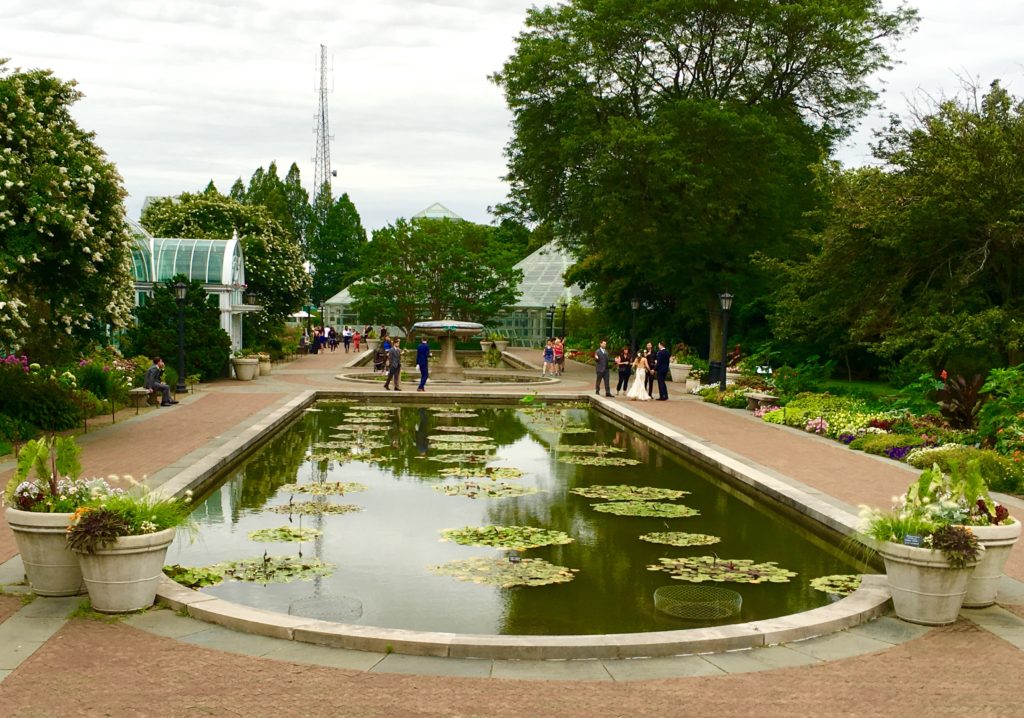Settlement talks collapse in lawsuit to protect Botanic Garden, developer pushes for dismissal

ebrooklyn media/ File photo by Lore Croghan
CROWN HEIGHTS — Activist Alicia Boyd was in court on Monday, fighting to sustain her legal challenge to the Franklin Avenue Rezoning after settlement talks collapsed.
The new zoning allows for the construction of two high-rises in Crown Heights she believes would cast harmful shadows on plants in the Brooklyn Botanic Garden.
Lawyers for developer Cornell Realty Management and the City of New York argued before Brooklyn Supreme Court Justice Reginald Boddie that Boyd’s suit should be tossed out because it doesn’t name CP VI Crown Heights LLC, which now owns a property that was rezoned.